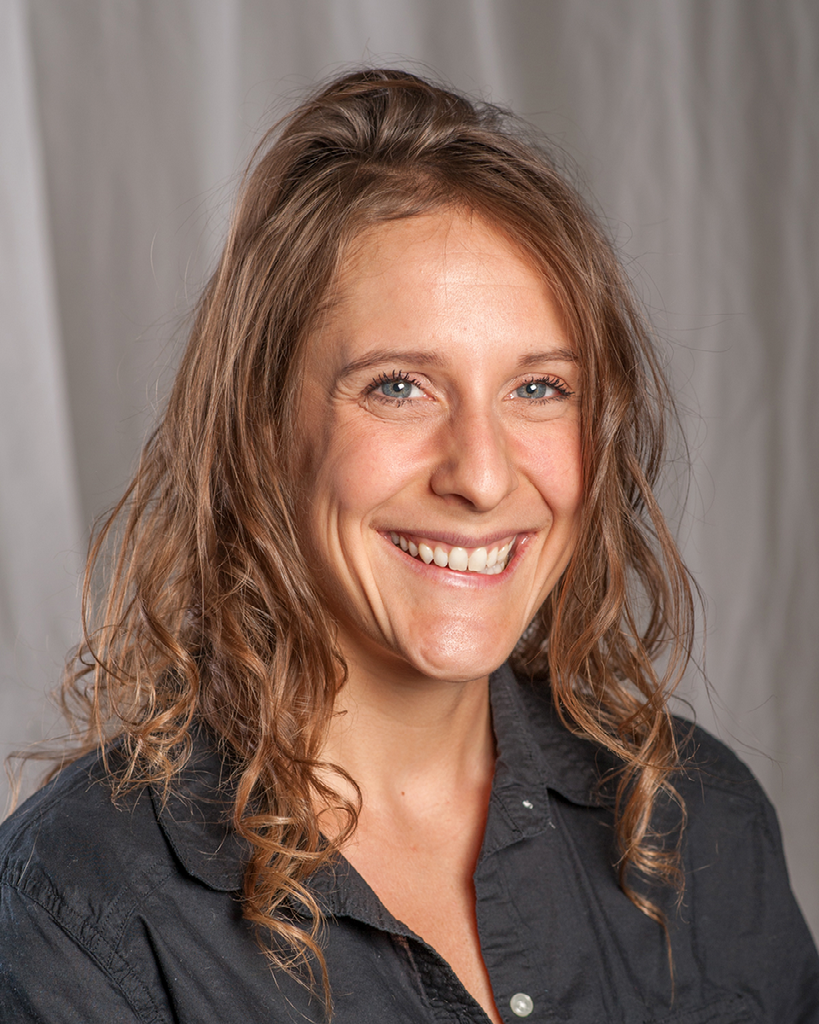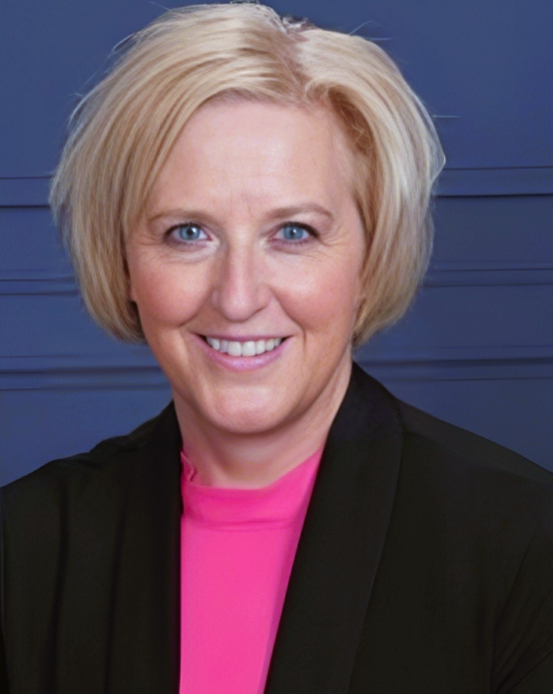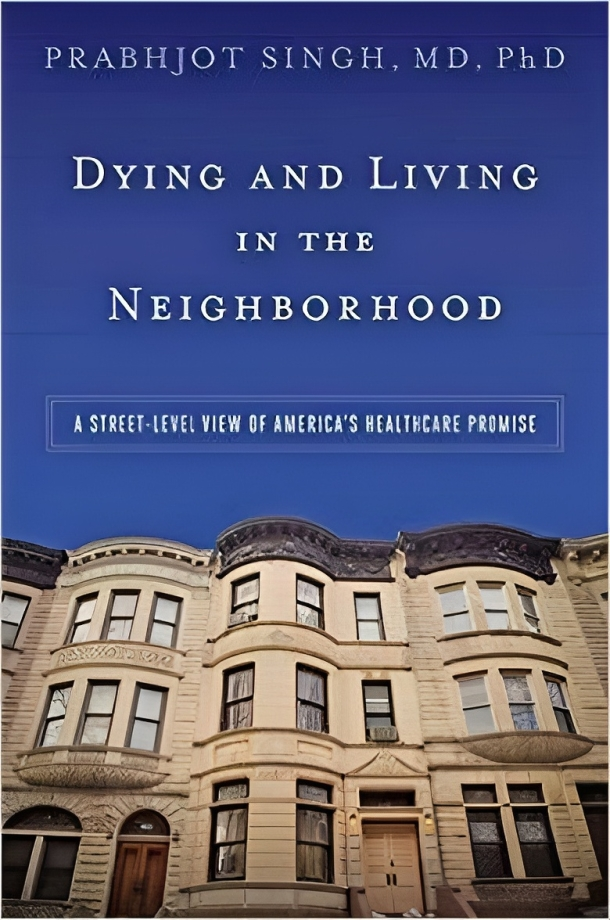INSIDE THIS ISSUE
THEME: TELEHEALTH
In this newsletter, you will find materials regarding training opportunities, department updates and additional tools related to community engagement. This newsletter aims to disperse valuable information on ways to ensure that every person has the opportunity to “attain his or her full health potential.”
- Term of the Quarter Digital Health
- Quarterly Article "The Role of Telehealth in Improving Access to Health Services"
- Community Engagement Champion Spotlight
- Community Engagement Unit Collaborations
- Training Opportunities and Resources
- Book of the Quarter Dying and Living in the Neighborhood. A Street-Level View of America's Healthcare Promise by Prabhjot Singh, MD, PhD
- Quote of the Quarter
- Contributions to this Issue
TERM OF THE QUARTER
DIGITAL HEALTH
the use of information and communications technologies in medicine and other health professions to manage illnesses and health risks and to promote wellness.
QUARTERLY ARTICLE
THE ROLE OF TELEHEALTH IN IMPROVING ACCESS TO HEALTH
Telehealth is the use of technology to access physical, mental and behavioral health care services across distance. Although telehealth is not a new concept in medicine, the increase in usage and popularity during the COVID-19 pandemic shed a spotlight on the significant role telehealth services can play in the healthcare delivery system.
Through telehealth, patients can communicate with providers electronically (e-visits), over the phone or through video visits, allowing them to receive care and have virtual appointments. Patients can also send and receive their health information using a secure portal. Remote patient monitoring (RPM) is another part of telehealth. RPM uses digital medical devices such as blood glucose meters, pulse oximeters, blood pressure monitors and weight scales to gather patient data from home which allows providers to monitor changes in patient health.
Due to various benefits and its ability to connect patients to vital healthcare services, telehealth has become a substitute for in-person office visits. With the use of telecommunications and information technology, care for psychotherapy, diabetes management, behavioral services, vision, cardiac rehab, physical/occupational therapy, speech and hearing can all be delivered using telehealth services. In North Dakota, telehealth services are covered under Medicaid, which allows enrolled members to receive care from their homes. Providers can also provide telehealth services from locations other than their office location.
Telehealth increases convenience for patients, can shorten the wait for an appointment and decreases health care costs. For example, research indicates that transportation is a barrier to healthcare access. It is reported that each year, 3.6 million people in the United States do not obtain medical care due to transportation issues. Telehealth alleviates the cost and time of travel for an in-person appointment by connecting patients with providers in real-time. It makes it easier for individuals living in areas with limited access to care due to workforce provider shortages or transportation issues to receive specialized services in their community.
While telehealth is an important tool in increasing access to care, patients with limited access to the internet and video-sharing technology, such as a smartphone, tablet, or computer can decrease access. Language barriers, lack of housing or private space are additional challenges to meet with a provider virtually.
While challenges exist and there is room for improvement in increasing access, telehealth has opened up new avenues for health care.
Interested in this topic? Check out these resources:
Telehealth Resource Center Program Telehealth for Patients Telehealth for Providers
BONUS CONTENT: VIRTUAL CLINIC IN RURAL NORTH DAKOTA
COMMUNITY ENGAGEMENT CHAMPION SPOTLIGHT
Each quarter, we recognize North Dakota individuals working as champions to ensure that every person has the opportunity to “attain his or her full health potential.” This is your chance to be featured for your work or to nominate someone you know!

TRICIA BROWN, DNP FNP RN BSN
Written by: Payton Drent, Community Engagement Unit Graduate Assistant
Tricia Brown is a champion for local and statewide change in North Dakota! She has served her community through interactive care and is working to establish the first free-standing medical drug and alcohol withdrawal center in the state. Outside of her professional work, she is a mother of two and is an avid cross-fitter of 11 years, actively practicing her own daily recovery program.
Brown knew she wanted to work in healthcare but wasn’t sure what sector of the field she wanted to be in. She pursued a nursing career, earning a Bachelor of Science in Nursing (BSN) and worked as a Registered Nurse (RN) in long-term care. She enjoyed working in long-term care but had a strong conviction to provide more advanced care for her patients. Hence, she went back to school and earned her Doctor of Nursing Practice (DNP) and began working as a nurse practitioner.
Mosaic Triage Community Center was developed by Brown to focus on recovery, sobriety and medical withdrawal care. Currently, there are no facilities in Bismarck providing detox services for those heavily reliant, not only on substances, but also for individuals aiming to assist those experiencing withdrawal. Brown stated,
“I LOOKED AT THE BIG PICTURE AND RESEARCHED SERVICES NEEDED BY NORTH DAKOTANS TO EVENTUALLY DEVELOP A DETOX FACILITY”.
Brown collaborated with Rapid City, South Dakota facilities to analyze the requirements and evaluate the demand for services in Bismarck. She then met with Bismarck city officials, Sanford Medical Center and the Behavioral Health Division. Brown emphasized the majority voted an “overwhelming yes” that there was a community need for medical withdrawal.
With overwhelming evidence and support, she moved forward with creating a board and received nonprofit status. Brown also secured funding for a facility and was moving toward obtaining a specialty hospital license under the Department of Health. Brown emphasized how specialty hospitals have many guidelines and respectable requirements to be established and run effectively. She then met with the North Dakota Department of Health and Human Services (NDDHHS) to see if they could change the licensing requirements and what could be done to help those struggling in the state. A change was drafted and introduced into legislation with the assistance of Todd Porter. The NDDHHS (specifically James Knopik and Pam Sagnes) also supported her along the way. NDDHHS spoke on Brown’s behalf, in addition to her testimony and the bill passed. Specifically, the bill excluded medical detox from specialty hospitals moving it under treatment for behavioral health.
Brown continues to be motivated to acquire a building for her triage center. A property has been identified and she is in the works of facilitating a community partnership merging social detox and medical detox services under one roof. Brown also continues to research services addressing disparities in various populations related to substance use and actively seeks grants to mitigate prevalent health disparities in North Dakota.
Brown meets with the Burleigh-Morton Health Coalition to bring awareness to substance use and the issues surrounding substance use in the community. She strives to ensure health equity and equitable access to services for her community in Bismarck and throughout the state.
On a personal level, Brown is involved in many support groups facilitating an annual Women’s recovery convention and serving on committees hosting annual recovery conventions. She states,
“I AM IN THE ‘TRENCHES’ WITH PEOPLE WHO SUFFER FROM SUBSTANCE ABUSE”.
Thank you, Tricia, for your commitment to helping your community and your passion for change!

KRISSIE GUERARD, MS
Written by: Juliana Antwi, Community Engagement Unit Graduate Assistant
According to Krissie Guerard, Community Engagement Unit Director at the North Dakota Department of Health and Human Services (HHS) “Public Health at the state level enables you to make a change not only at the community level but at the state level as well.” With over 17 years in public health practice, Krissie epitomizes unwavering dedication to transforming countless lives.
Krissie’s journey began in Bismarck, North Dakota. Her drive to improve health outcomes and increase North Dakotan's length and quality of life led her to pursue a Master of Science Degree in Health Science with an emphasis on community health from Minnesota State University – Mankato, and a Bachelor of Science in Community Health Education from Minnesota State University – Moorhead.
Having been empowered with the knowledge and skills to be an effective advocate for public health, she started her career with the North Dakota Department of Health, Division of Disease Control, in August 2006 as the Ryan White/HIV Surveillance Coordinator. She then took over as the HIV/STD/TB/Hepatitis Program Manager in May 2007. Krissie worked in that role through February 2013. In March 2013, Krissie became the STD/HIV/TB Section Manager at the Minnesota Department of Health. In August 2018, she came back to HHS as the Community Engagement Unit Director.
One of Krissie's main focuses in her role is to build knowledge and action to address the root causes of health inequities and to develop and implement systemic measurement for the evaluation of various goals of her unit. She is responsible for the overall administration of the unit.
Krissie's work has left an indelible mark on the field of public health. Her legacy includes expanding the Community Engagement Unit to include a 13-member team with an additional five North Dakota State University (NDSU) Graduate Assistants. Having these positions empowers the team to work across all populations in North Dakota where they can identify the gaps as well as create a strong relationship with all populations in the state.
She prides herself on making a difference in people’s lives, no matter how big or small. As such, she keeps little things throughout her career like certificates, cards, notes, letters, etc. as a reminder of why she does what she does.
No champion’s life is without obstacles; one of her most challenging times was balancing the multiple areas of the COVID-19 pandemic work, where she was responsible for the growth of the Community Engagement Unit and completing other health equity work. This period brought to bear her in-depth skills of resilience, motivation and determination. To Krissie, equity is an overarching principle in all public health strategies and continues to be at the forefront of new funding opportunities. Krissie works hard to be sure the meaning of equity is understood .
Krissie is a shining example of what one can achieve through passion, dedication and commitment.
COMMUNITY ENGAGEMENT UNIT COLLABORATIONS
Turtle Mountain Behavioral Task Force. The Community Engagement Unit is working to reestablish the Turtle Mountain Behavioral Task Force, which consists of private behavioral health providers, Indian Health Services, school counselors and state level behavioral health staff. This task force will serve as a forum to foster collaborative efforts and allow every partner to be aware of what is available to their patient base. For more information, please contact the Community Engagement Unit (hhs-engagement@nd.gov).
North Dakota Health Equity Training Initiative. The Community Engagement Unit launched the North Dakota Health Equity Training Initiative. This training series comprises nine courses designed to equip healthcare professionals and providers with evidence-informed knowledge on health equity-related subjects. This initiative aims to provide valuable insight into working with underserved populations, identifying and addressing health inequalities and delivering culturally appropriate services to individuals from diverse backgrounds. Each training is available for 1.0 continuing education contact hour approved by the North Dakota Board of Nursing and Continuing Medical Education (CME). For more information, please contact the Community Engagement Unit (hhs-engagement@nd.gov).
- ND HHS Youth Advisory Board x ND Gateway to Science x Bismarck State College. The Youth Advisory Board, in partnership with the NDHHS, North Dakota’s Gateway to Science and Bismarck State College, hosted the first annual Gateway to Health event in August 2023. This community event took place in Bismarck at Gateway to Science, with approximately 800 members from the community in attendance. Participants had FREE access to the Gateway to Science exhibits and interactive health booths from different organizations and local health agencies in Bismarck. Gateway to Health 2024 is scheduled for August 10. For more information, please contact the Community Engagement Unit (hhs-engagement@nd.gov).
TRAINING OPPORTUNITIES AND RESOURCES
Telehealth Use in Rural Healthcare Telehealth: What to Know for your Family APA Telehealth Continuing Education Resources North Dakota's Telehealth Laws
BOOK OF THE QUARTER

DYING AND LIVING IN THE NEIGHBORHOOD
Prabhjot Singh, MD PhD
"In Dying and Living in the Neighborhood, Dr. Prabhjot Singh argues that we must look beyond the walls of the hospital and into the neighborhoods where patients live and die to address the troubling rise in chronic disease. Building on his training as a physician in Harlem, Dr. Singh draws from research in sociology and economics to look at how our healthcare systems are designed and how the development of technologies like the Internet enable us to rethink strategies for assembling healthier neighborhoods."
QUOTE OF THE QUARTER
“NOT EVERYTHING THAT IS FACED CAN BE CHANGED,BUT NOTHING CAN BE CHANGED UNTIL IT IS FACED.”
- James Baldwin
CONTRIBUTIONS TO THIS ISSUE
- Ruth Nwatu
- Juliana Antwi
- Payton Drent
- Rob Sanderson
- Alicia Belay
- Krissie Guerard
- Sara Upgren
- Kim N. Mertz
YOUR HEALTH MATTERS IS A NEWSLETTER PRODUCED BY NORTH DAKOTA HEALTH AND HUMAN SERVICES COMMUNITY ENGAGEMENT UNIT.
We welcome your feedback. Email us here (hhs-engagement@nd.gov).
The NDHHS CE Unit works to understand and reduce health disparities among all North Dakotans. The primary goal is to work alongside North Dakota communities in addressing health-related needs to reduce disease rates by providing opportunities for interventions and improving access to health care. This will ensure that all North Dakotans have the ability to reach their optimal health.
